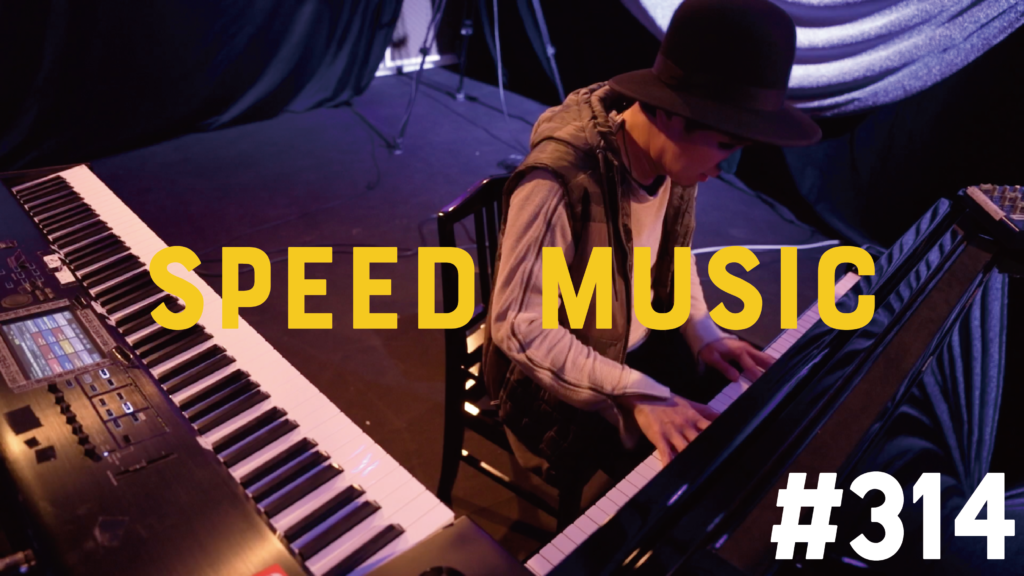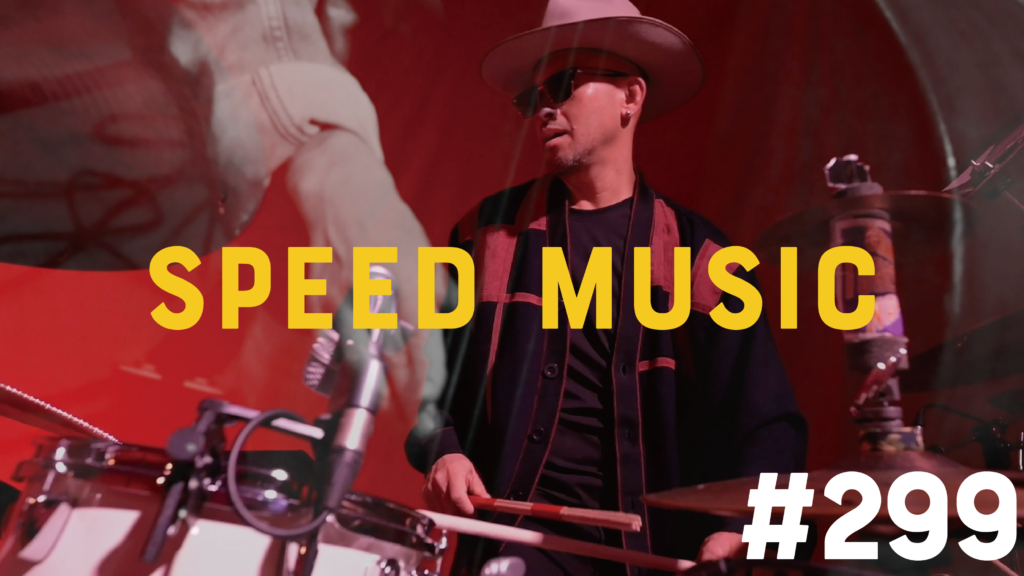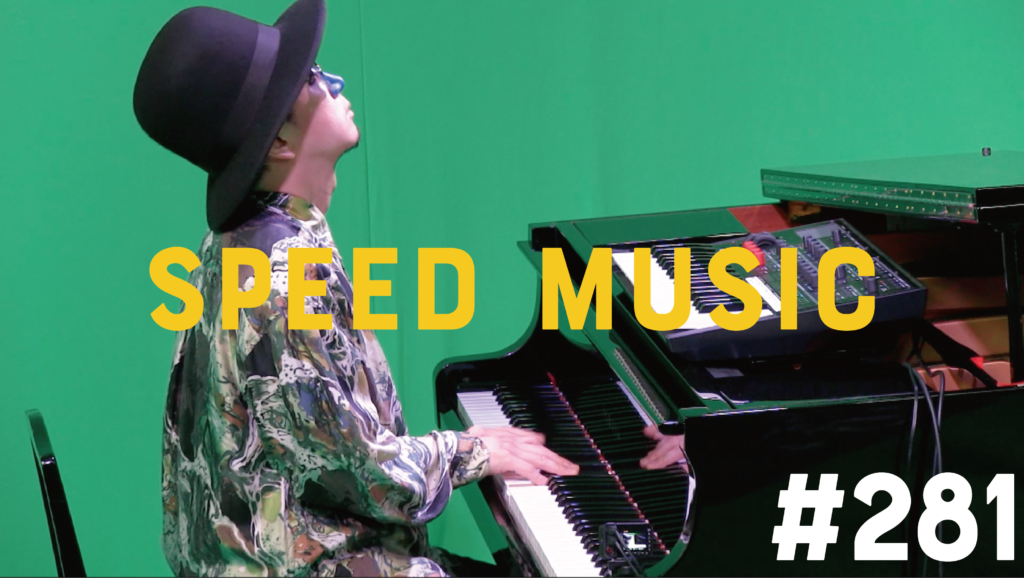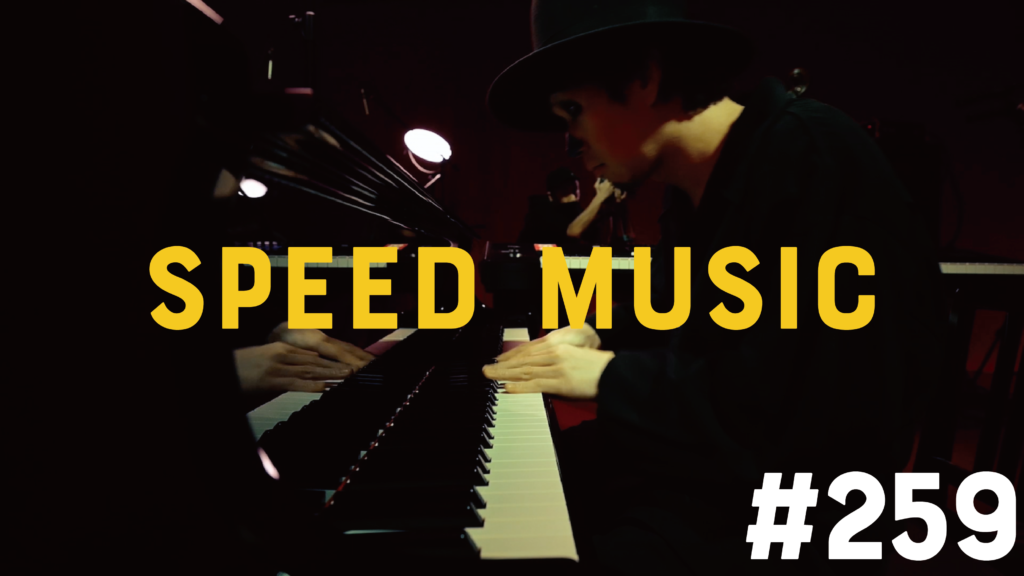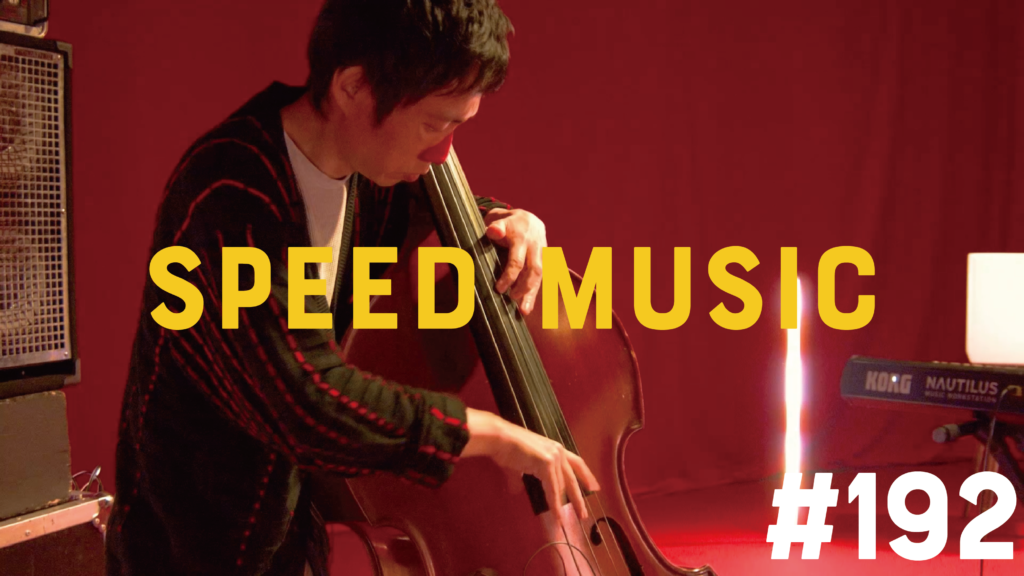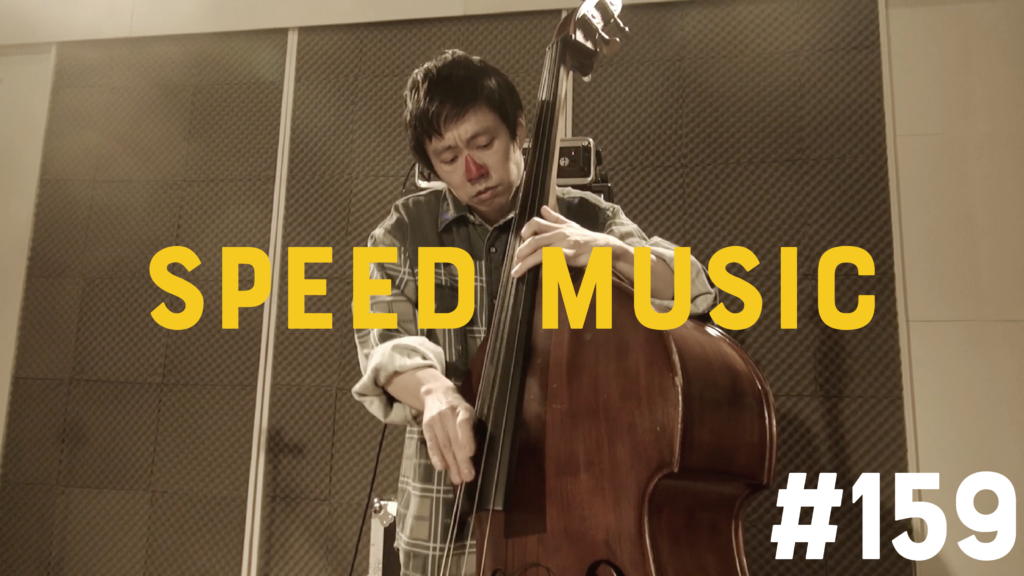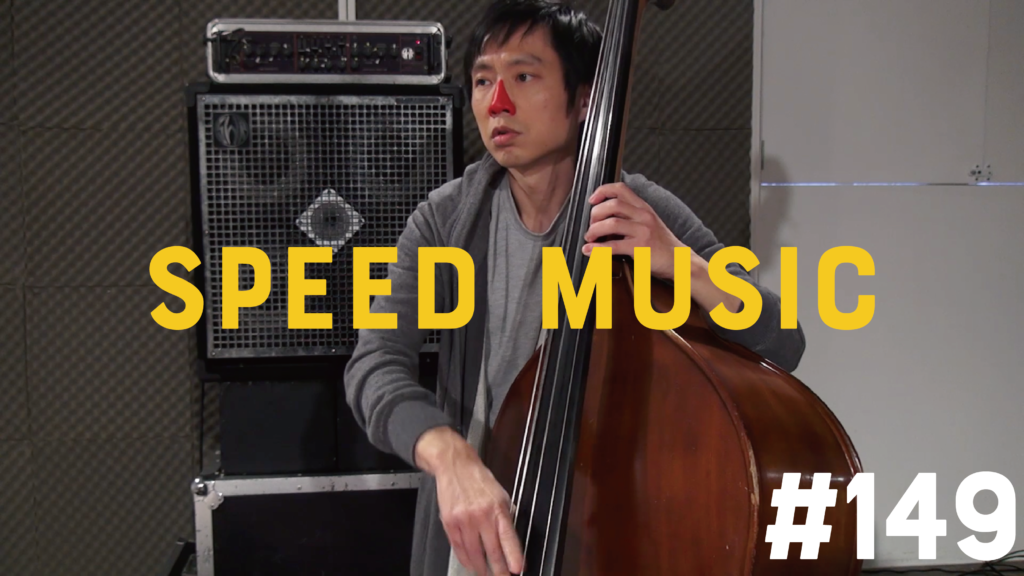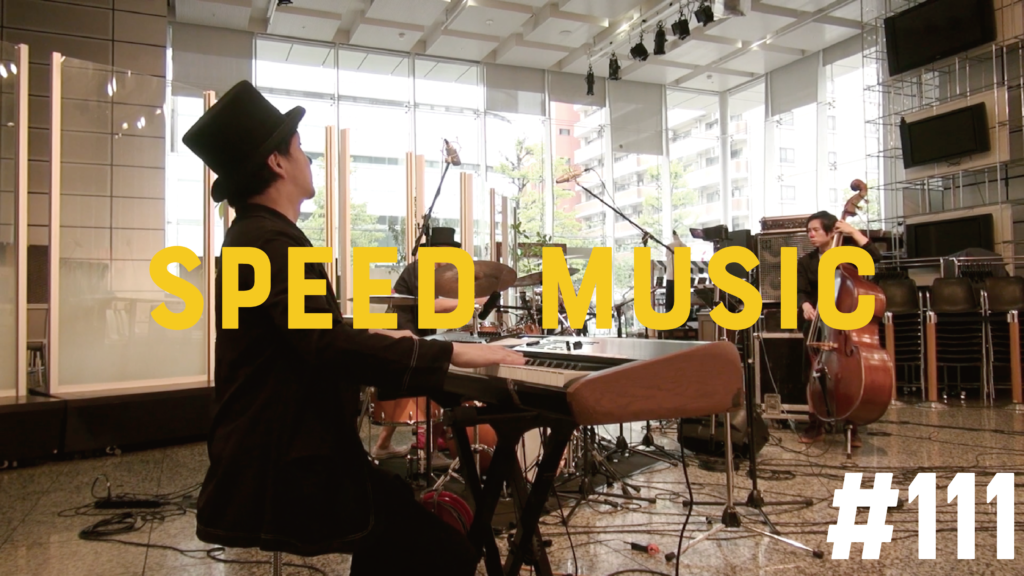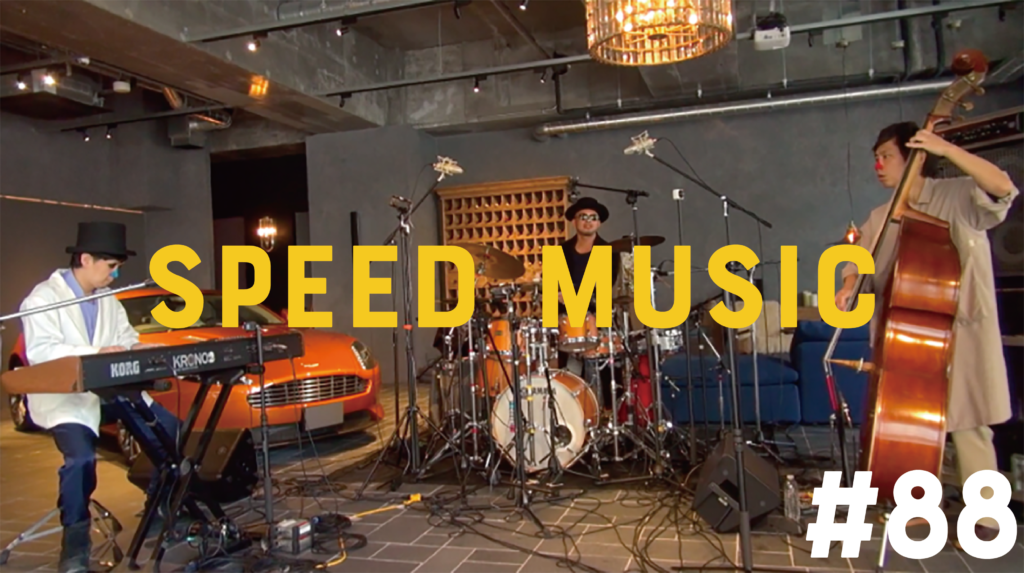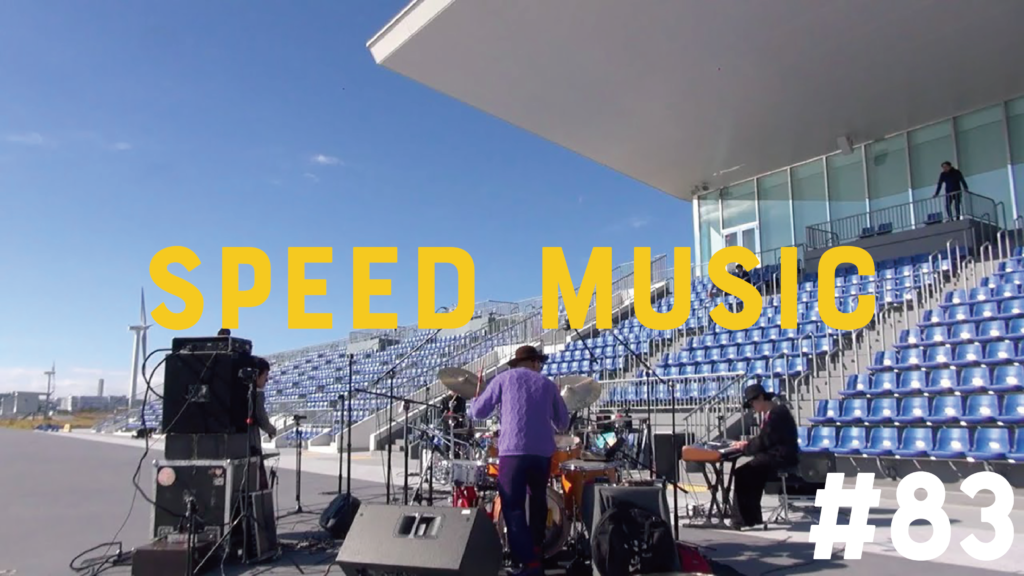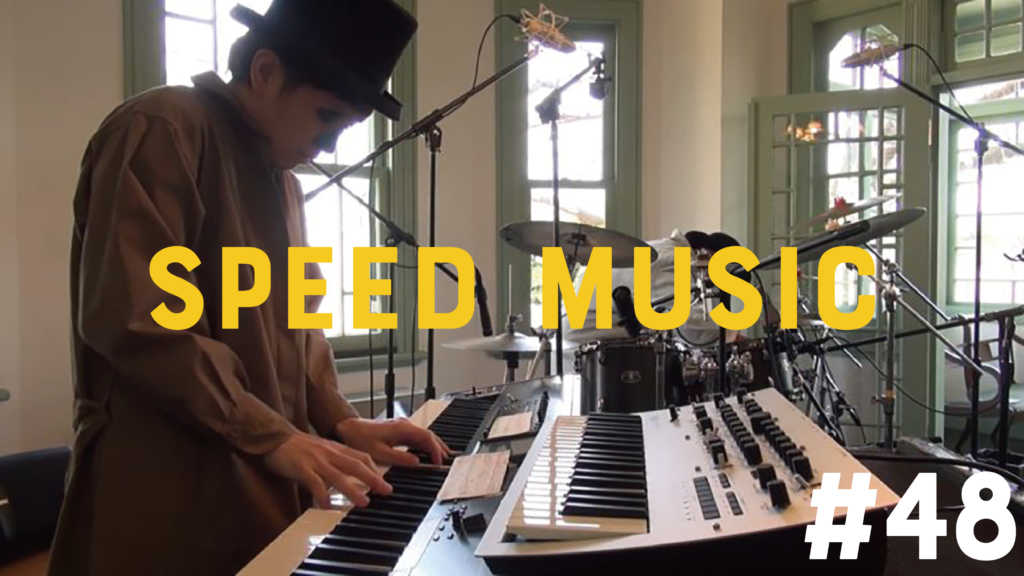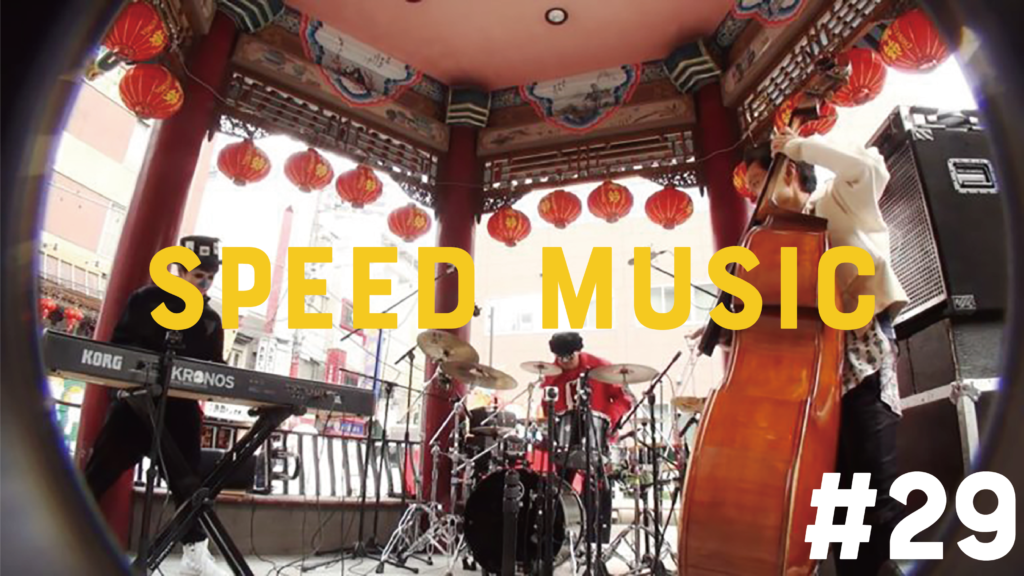#281 男達のメロディー / SHŌGUN by H ZETTRIO
SHŌGUNのデビュー曲。テレビドラマ『俺たちは天使だ!』の主題歌として使用され、50万枚を超えるヒット曲となった。ギター&ボーカルの芳野藤丸は、ケーシー・ランキンが作ったカントリー調のこの曲が大嫌いで、レコーディングの時に出だしの「走り、出したら」を、ふてくされながら歌った。しかし、予想外の大ヒットとなり、途端に大好きになったと語っている。(フリー百科事典 ウィキペディア日本語版より:https://x.gd/1ueTT)
SHŌGUN's debut song. It was used as the theme song for the TV drama ''We Are Angels!'' and became a hit, selling over 500,000 copies. Guitar and vocalist Fujimaru Yoshino hated this country-style song composed by Casey Rankin, and sang the opening line, ''Hashiri, Dashitara'' while recording it. However, it became an unexpected big hit, and he says he instantly fell in love with it. (From the Japanese version of Wikipedia, the free encyclopedia: https://x.gd/1ueTT)

